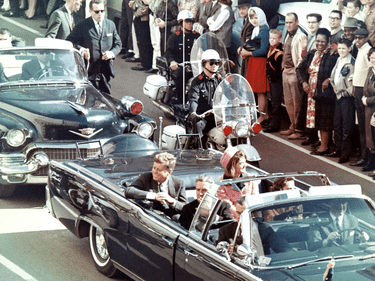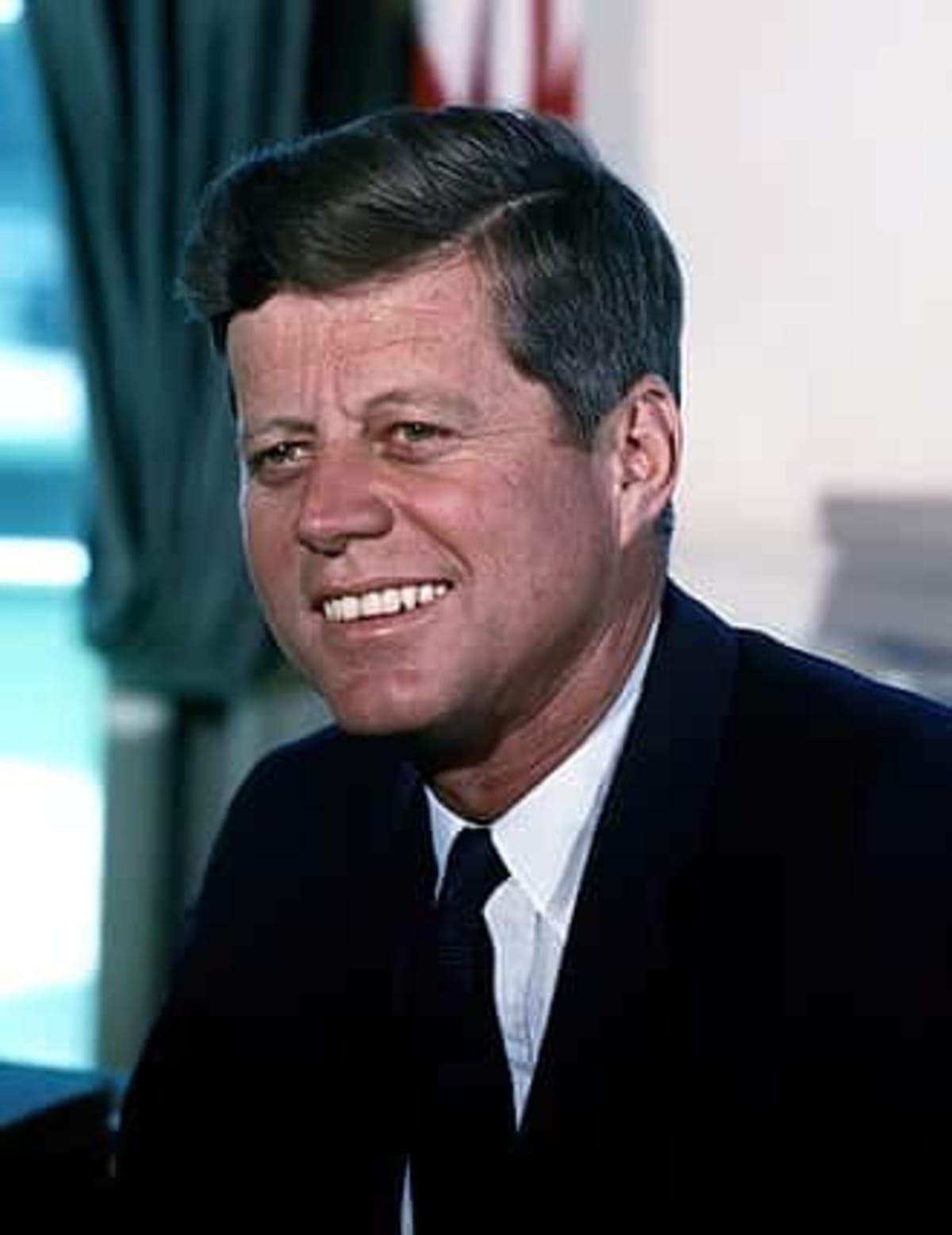Paul Landis: Secret Service agent who witnessed JFK's assassination raises new questions about 'magic bullet' theory

PARKLAND HEALTH, DALLAS, TEXAS: 88-year-old former Secret Service agent Paul Landis, who witnessed the killing of President John F Kennedy, has refuted the "magic bullet" idea and raised doubts about the possibility of a second gunman.
Landis, who was only 28 at the time of the assassination, opened up on Saturday, nearly 60 years after Kennedy was fatally shot in a motorcade traveling through Dallas, to share his shocking experience with the New York Times.
Paul Landis recalls John F Kennedy's assassination

Landis, who was a young Secret Service agent working under Jaqueline Kennedy's protection in 1963, recalled hearing the gunshot ring out in Dealy Plaza as he walked a few steps away from the president.
Then, he heard two more bullets, and saw Kennedy collapse in the open back of the limousine.
Landis claimed that in order to avoid getting brain-splattered, he had to duck down.
From there, Landis' narrative diverges from the government's stated conclusions: He asserts that during the ensuing confusion, he removed a bullet that ended up in Kennedy's car's back seat and placed it on the president's hospital stretcher for detectives.
The 6.5 mm bullet, which was previously believed to have come from Texas Governor John Connally's leg wound, was discovered on the stretcher.
Referred to as "the magic bullet," according to the Warren Commission, the shot, which was fired by a lone shooter named Lee Harvey Oswald, somehow entered Kennedy's throat from behind, struck Connally's right shoulder, and then managed to injure his back, chest, wrist, and thigh as well.
What did Paul Landis say about the bullet?
According to the report, one of the bullets missed the motorcade, another was the "magic bullet," and the last shot struck Kennedy in the skull and killed him.
Landis told The New York Times that he first thought the bullet had been placed on Kennedy's stretcher at the hospital, but he now thinks it may have been moved while the stretchers were being pulled together from the President's to the Governor's.
The bullet striking the President's stretcher was ruled out by the Warren Commission.
"There was nobody there to secure the scene, and that was a big, big bother to me," Landis stated. "All the agents that were there were focused on the president."
"This was all going on so quickly," he went on, "And I was just afraid that — it was a piece of evidence, that I realized right away. Very important. And I didn’t want it to disappear or get lost. So it was, 'Paul, you’ve got to make a decision,' and I grabbed it."
Landis, who was never questioned by the Warren Commission, thinks that Kennedy was shot, but that the bullet was undercharged, did not pierce the president's body deeply, and popped out before he was taken out of the car.
He admitted that he had always thought Oswald was the only shooter, but six decades later, he now doubts that assertion.
"At this point, I’m beginning to doubt myself," he said. "Now I begin to wonder."
The bullet, which was discovered whole and undamaged, was positively identified as Oswald's Mannlicher-Carcano by ballistics examination, according to the Warren Commission's findings.
The elderly former agent revealed the shocking information in his upcoming book, 'The Final Witness', which Chicago Review Press will release on October 10.
Will Landis' book change how we see JFK assassination?

James Robenalt, an Ohio-based attorney and author of several history books, conducted an extensive study on the assassination and assisted Landis in sorting out his recollections of the fateful day.
He thinks Landis' book will provoke fresh inquiries into Kennedy's death.
"If what he says is true, which I tend to believe, it is likely to reopen the question of a second shooter, if not even more," Robenalt told The Times.
"If the bullet we know as the magic or pristine bullet stopped in President Kennedy’s back, it means that the central thesis of the Warren Report, the single-bullet theory, is wrong."
The possibility of additional shooters has been a prevalent notion since the immediate aftermath of Kennedy's killing. "Others will have to analyze the evidence in full to see where it now leads," Robenalt told Vanity Fair.










